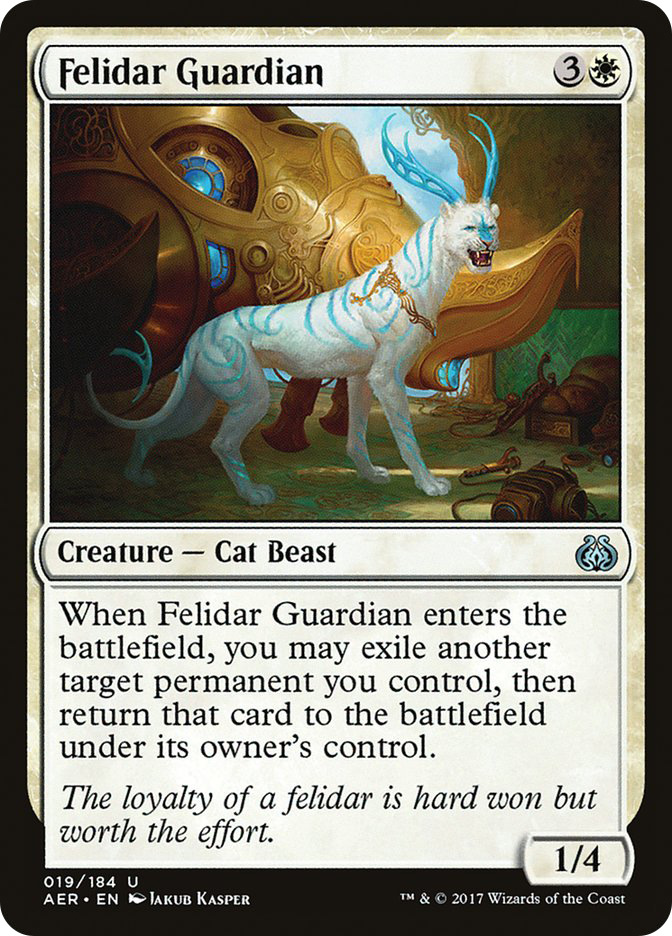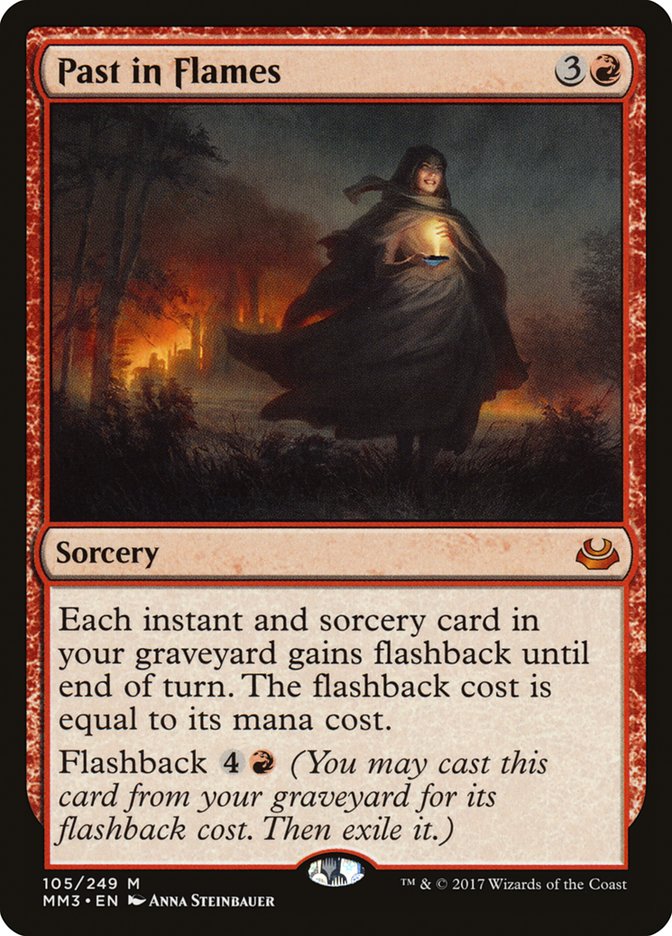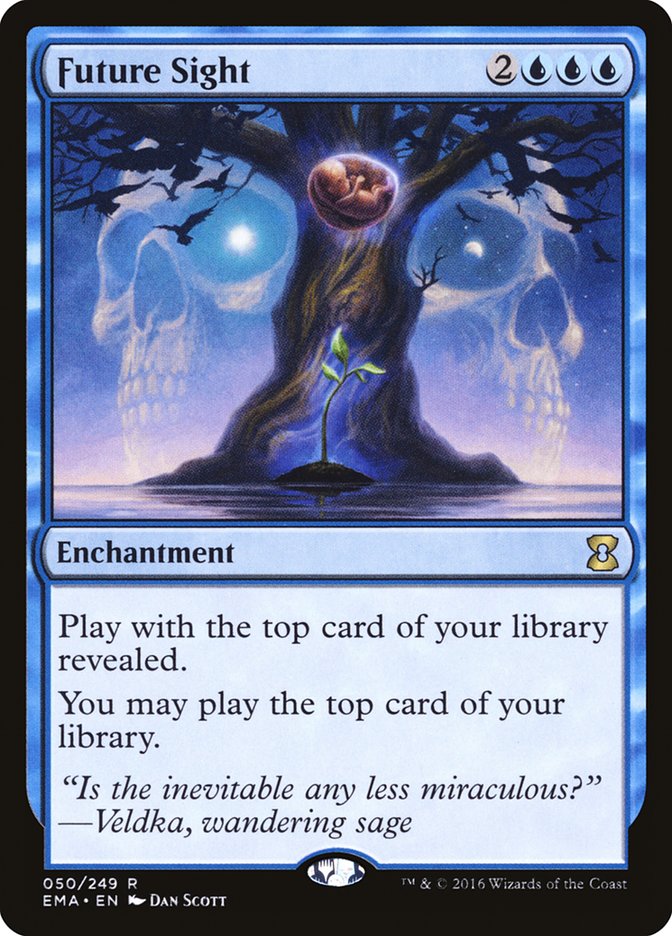It’s late in the evening. I just said goodnight to my girlfriend as I began brewing a fresh pot of coffee and cracked open my laptop to write this article to be published the next day.
No, this isn’t normal procedure for professional Magic content producers, for those asking. Well, not for me, anyway.
In actuality my article for this week was already finished and sent off to be edited. Sadly, though, it’s a comprehensive guide on Four-Color Saheeli, including sideboard plans. I put a ton of work into it for those traveling to #SCGATL or preparing for the Magic Online PTQ, and was excited to see what people thought. Shockingly, though, the world doesn’t revolve around me, so I guess the greater good takes priority in this situation.
I’ll be honest; I’m not very happy right now.
I waited patiently along with the rest of the competitive community for Monday’s Banned and Restricted announcement to see how I should continue. Content needed to be written, VS videos to be recorded, and eventually Pro Tour practice to be done. Now, I don’t literally run unless it’s a life-or-death situation, but once this announcement finally came, I figuratively did as I raced to absorb as much information as I could to accomplish these goals. It all wrapped up only hours before Wizards retroactively made changes to their previous announcement and banned Felidar Guardian.
Tilt.
Now, was banning this card good for the game? Of course, but that isn’t what I’m here to discuss today. It’s pretty clear that something was wrong with this format, and Occam’s razor would suggest it was this card. I’m not upset about the final decision, but how this whole debacle was executed. If this was the first time I felt Wizards of the Coast had made a blatant error in execution, these words would have never found their way to print. I probably wouldn’t be this dejected even if it was the first time in a long time, but that just isn’t the case. As of late, Wizards has made a substantial amount of blundersome decisions that leave me bewildered as to what to expect next.
Now I should preface, before I give the wrong impression, that I’m a huge fan of what this company does. I don’t say this to pander to those within the company I rub shoulders with, or to accidently close the door on the opportunity to go work for the company sometime down the road. I truly appreciate what this company does for us on a personal level, and say that knowing full well that I’m just a customer, and eventually a replaceable promotional tool. At the end of the day, they sell a product I buy. They want to keep me happy so I keep buying their product, but time and time again they will go out of their way to make my experience better even when they don’t have to. Clearly I say this as an entitled member of our community, but I also know those without this privilege have also been graced by their good side.
I do, however, have a serious issue with how they’ve been presenting information to the competitive community for close to three years now. To keep us all on the same page, I’ll go through each instance individually to refresh your memory, but more importantly to make sure my thoughts are coherent, so in the end my thoughts and opinions won’t be misunderstood.
Pro Tour Magic 2015 Standard Announcement
Back in 2014, Wizards made the announcement that they would be halting the appearances of both Modern and Block Constructed in future Pro Tours. This would mean that all future Pro Tour events would be of the Standard format. It wasn’t until Mark Rosewater posted this article three weeks later explaining that many changes to set construction were in the works. Not only did this detailed piece showcase how blocks would become two sets instead of three, but that they would also be having an early rotation where Standard would only include five to six sets at any given time. With this information, we then understood why Block Constructed no longer could be a supported format, but also how having a Modern Pro Tour wasn’t really needed with two rotations a year. Every Pro Tour would now be interesting, even if they were all Standard.
Soon after, Wizards went back on their decision to exclude Modern by reinstating the format to have one Pro Tour a year. They effectively stated they didn’t know that so many people liked the format, thus validating all the complaints people had about their previous decision.
Eventually they went back on their decision to have Standard rotate twice a year with five to six sets legal and reverted back to the original five-to-eight-set model we are currently using. Aaron Forsythe wrote an article with the explanation being to the effect of “Standard lost accessibility that we previously overlooked.” He stated that the twice-yearly set rotation caused issues for the more casual players to keep up with. Fair.
Platinum Privilege
At Pro Tour Shadows over Innistrad, Wizards announced a new Pro Player benefits package that undercut what players striving for Platinum would eventually be rewarded in the following season, and used that money to increase prizes for the World Championship.
Not only were the players striving for Platinum that season outraged, but so was the public, who stood behind those players. The hashtag #PAYTHEPROS began to circulate through Twitter, and for a day or two even went “viral.” Almost immediately Wizards went back on this decision, rewarding Platinum players with the prizes they initially thought they were trying to achieve, and even kept the extra money they were going to put into the World Championship.
In the end, for the most part, everything went back to the way it previously was, but at the same time didn’t. All of these decisions felt initially rushed, poorly organized, and eventually damaged the competitive consumer’s expectations. Happiness is a fickle emotion that’s made up of one part reality, two parts expectations. If someone’s reality does not meet their expectations, they won’t be happy. Over time, expectations normally go up or down to better accept reality, which makes Humans so versatile when it comes to almost everything. Humans learn from past experiences and reevaluate for future situations. This transition isn’t always smooth, however, and those with a voice will often use it to vent about their expectations not coinciding with reality.
Now, I won’t say that they were justified in this decision, but at the same time was fine with it as long as it would be introduced to the public one year before being instated to allow those trying to achieve these things a better understanding of what they were getting themselves into. Expectations were made based on one reality, and another was abruptly presented with a negative impact on a small subset of the community.
I actually believe the model they presented at Pro Tour Shadows over Innistrad wasn’t actually a bad thing. This would effectively create 24 “Platinum” players, since the minimum cash prize at the World Championship would be $12,000, thus eliminating the need for Wizards to keep changing the dials on how Pro Points are rewarded. This would let the company better prepare for how much money they would be investing into the Pro community, which is not a bad thing.
The Common Element
The execution of this, how they approached Pro Tour formats, Standard structure, and yesterday’s “emergency” ban, all have one thing in common: the decisions were sound, but the execution felt rushed and poorly executed. It’s as if all the mental capital used in making these decisions was spent on how the update would function, leaving no one to ask the questions about how it would impact the consumer.
Even if the decision would eventually be net-neutral or positive for the consumer, it’s still important to have these questions answered before unveiling an announcement that could change their reality. That way, even if there’s an initial outraged reaction, the company will be better-equipped to deal with it. That way, Wizards could give us clear and concise answers that didn’t feel rushed or condescending. Most importantly it would stop this undesired narrative that outspoken negativity can manipulate the company’s decision-making process.
The loudest voice is always unhappy. Initial reactions to changes that aren’t clearly beneficial for the consumer will always be from unhappy customers. Happy consumers don’t always feel the need to voice their opinion, but tend to quietly continue enjoying the product. Normally the only praise a company will receive from happy customers is when they feel their voice was validated by the decision, or the company went above and beyond expectations. We saw this yesterday, when many from the Pro community reached out on Twitter to thank Wizards for going back on a decision they previously complained about.
Negative exposure to the public normally should be met by some reaction from a company, but it’s different when it comes to competitive Magic and the Pro Tour’s complex moving pieces. Many of the decisions Wizards has to make deal with a variety of stipulations. They have to work around Hasbro’s restrictions/requests, their own capabilities, and eventually our opinions. It’s not like they are forcing us to drop from tournaments so an off-duty judge can play in the event. Our outrage is not always justified. Our opinions are not facts. We are simply people who want our reality to meet our expectations!
My entire argument boils down to this: Wizards should do a better job when pertaining to how and when announcements are made so it constantly doesn’t feel like they are jumping the gun, but also should trust in their decisions and not put so much emphasis on how public figures in the community are initially handling the change. People will be upset about things but eventually accept them. Poor decisions will happen, like the one made on Monday, but it’s a slippery slope to constantly be changing the status quo at this frequency. It opens Pandora’s Box as we the consumers never know what their reality is going to be.
This doesn’t mean they should become stagnant in their attempts to make this game as good as they possibly can, but letting things run their natural course should be utilized more often. Just look back to when Eldrazi ran Modern. Clearly it was too good, but they let us have our “fun” and then squashed the bug at the appropriate time. I believe more decisions should be made in this manner.








